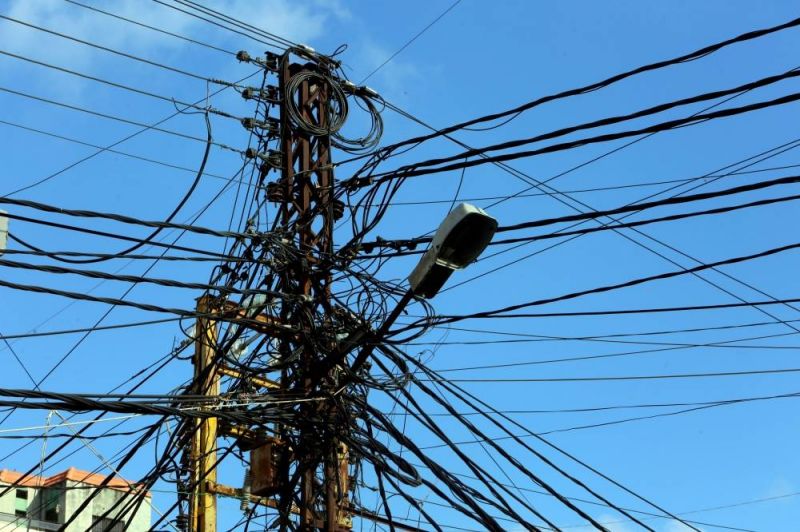
EDL said last week it was further rationing electricity supply because of a fuel shortage. (Credit: Aziz Taher/Reuters)
Want to get the Morning Brief by email? Click here to sign up.
Parliament’s Finance and Budget Committee approved a long-awaited draft law on capital controls that will formalize restrictions on cash withdrawals and transfers for Lebanese depositors. Although the precise curtailments have not yet been set, the committee recommended that transfers abroad be limited to specific cases such as foreign tuition payments and medical treatment overseas, with a maximum yearly limit of $50,000. Monthly withdrawals would be capped at LL15 million–LL20 million, while depositors would be allowed to take out $400–$800 dollars each month from foreign currency accounts. Commercial banks in Lebanon have been limiting customers’ withdrawal and transferring capacities on an ad hoc basis since late 2019 — while billions of dollars were allegedly smuggled abroad by rich and politically connected clients. The limits will be finalized once the central bank delivers outstanding data requested by the committee, and the draft bill will be discussed and voted on by the full legislature.
The caretaker finance minister called on the BDL governor to transfer dollars to allow the state electricity company to purchase fuel. The official request came hours after President Michel Aoun and caretaker Prime Minister Hassan Diab gave “exceptional approval” to a $200 million treasury advance to Électricité du Liban. EDL said last week it was further rationing electricity supply because of a fuel shortage allegedly caused by BDL’s failure to open letters of credit needed to pay three fuel tankers waiting to unload at Lebanon’s power plants. BDL has denied it is delaying payments. With power blackouts set to worsen until the advance is executed, water authorities in the Bekaa and southern Lebanon said many of their pumps had gone offline due to the electricity cuts and shortages of diesel used to power backup generators.
Lebanon recorded its lowest single-day number of new COVID-19 cases since mid-July. The Health Ministry reported 71 new cases — the lowest count since July 20 — although testing was down because many laboratories close on the weekends. Despite the low number, Firass Abiad, the head of Rafik Hariri University Hospital, warned that unless the country’s vaccination drive picks up and preventive measures are followed more strictly, Lebanon could face a resurgence of coronavirus. In the four months since the campaign’s launch, only 11.6 percent of the adult population has received a COVID-19 shot, while just 6 percent is fully vaccinated.
Lawyers at the Beirut Bar Association are striking again today to protest what they have called the “continued aberrant treatment” of legal practitioners and the “dramatic and dangerous deterioration” of the judiciary. The bar called on lawyers not to attend court sessions and to attend a general meeting at the Beirut Justice Palace at 1 p.m., after which the bar’s head, Melhem Khalaf, will deliver a speech. Lawyers launched their strike on Friday in response to the arrest of their colleague Rami Ollaik, the founder of the anticorruption alliance United for Lebanon. Ollaik has been accused of defamation over comments he made about Public Prosecutor Ghassan Oueidat. On Monday, the association gave its approval for the judiciary to investigate Ollaik.